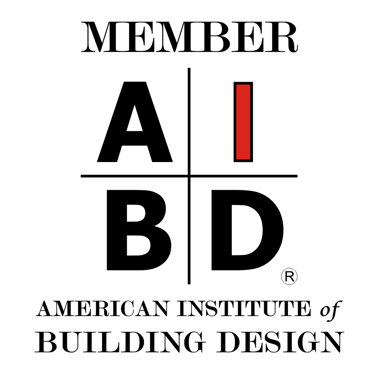

Many architects are trained to design hospitals, retail stores and other commercial buildings. When working on residential structures, they often have a commercial purpose, such as an apartment building. These buildings are structurally sound, publicly accessible and usually have a standardized, uniform aesthetic. Also, their owner/clients are very familiar with the financial, real estate and building industry. For those reasons, spaces in these buildings are arranged to maximize functionality and return on investment.
Some architects are residential designers, but in most states, a home designer doesn't need to be a licensed architect. A successful house design begins with the ability to listen to the homeowner. A residential or home designer will present a proposed design, then review it with the client to make sure it meets the desired expectations. Not only are there aesthetic issues but also structural and code requirements which must be considered. Home designers are highly skilled and trained to guide you through the home design/building experience. They are also more likely to assist with smaller projects, such as home remodeling, additions & accessory dwelling units (ADUs).
There is no rivalry between home designers and architects. In fact, one often complements the other. Many home designers consult for architects or engineers, and vice versa. The relationship is similar to how physicians collaborate, with general practitioners, specialists and therapists working together to treat different health issues for the overall benefit of a single patient.
Do you want to live in a safe, comfortable and attractive home? A specialist can design a home that suits your current & future needs as well as your individual budget and style. That specialty is “Home Design”.
Contact us for custom design.




